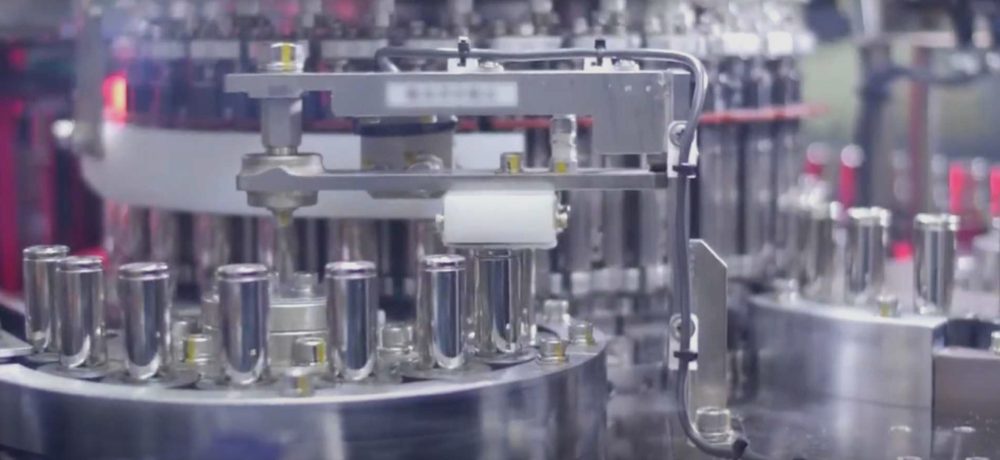Panasonic says that Tesla’s ‘2170’ batteries produced at Gigafactory Nevada are going to get a 20% increase in energy density over the next five years, which could result in significant performance improvements.
Tesla has been partnering with Panasonic to produce a new 2170-format battery cell at Gigafactory Nevada.
Panasonic produces the battery cells, but Tesla has been helping with the development of the chemistry and owns the factory.
Both companies rarely comment on battery development at Gigafactory Nevada – especially since we’ve learned of Tesla’s project Roadrunner, which involves Tesla now building its own battery cells in volume.
Now Panasonic deviated from that policy with new comments on upcoming improvements to Tesla’s ‘2170’ battery cells.
Yasuaki Takamoto, a Panasonic executive in charge of Tesla battery business in the US, made some interesting new comments in an interview with Reuters:
“Panasonic Corp plans to boost the energy density of “2170” battery cells it supplies to Tesla Inc by 20% in five years and commercialize a cobalt-free version “in two to three years”, the head of its U.S. EV battery business said.”
Such an increase in energy density can mean many things for Tesla vehicles.
It can mean that Tesla could increase the range of its vehicles without having to fit bigger battery packs or increase the weight of the car.
For example, Tesla could build a Model 3 with a 90 kWh battery pack and almost 400 miles of range with roughly the same pack dimensions.
Or the automaker could build the same capacity battery packs and make its vehicles lighter for better performance, efficiency, and range. It could even carve out holes in the pack for more legroom.

Tesla Higher Density Batteries
By not increasing the size of its battery pack, a higher energy density could also mean an overall increase of total capacity output – resulting in more batteries for Tesla to increase its vehicle output.
Depending on the cost of increasing the energy density, Tesla could also achieve some cost improvements through an energy density bump.
Takamoto said that Panasonic plans to update its battery cell production lines at Tesla’s Gigafactory Nevada in September to start increasing the energy density:
From September, the firm will start converting lines at its factory in Nevada that it operates with Tesla as it prepares to further boost the energy density of the cells, Takamoto said.
That update would coincidentally coincide with Tesla’s ‘battery day’, which is supposed to be held in late September.
Takamoto also said that they plan to produce cobalt-free batteries for Tesla within the next 2 to 3 years, which has been a goal disclosed by Tesla for some time now. It would eliminate one of the very big negatives of battery production supply chain.
Electrek’s Take
As I have often stated since reporting on Tesla’s secret Roadrunner project, despite what many people have been saying, even though Tesla plans to make its own battery cells in volume, the automaker still plans to purchase batteries from other suppliers, including Panasonic.
Tesla’s battery needs are so great that the company will secure any production capacity it can get for the foreseeable future.
The interesting thing is that some of Tesla’s advancements in battery cells are likely to make their way to its battery partners, just like it has been working with Panasonic for years.
Therefore, we could see a great overall improvement in the industry and not just for Tesla.
In fact, I wouldn’t even be surprised if Tesla ends up supplying some of its battery cell production machinery developed in-house to other manufacturers. A company like Daimler, that in the past has had a friendly relationship with Tesla, could theoretically even source some of its batteries (again) from Tesla.
What do you think? Let us know in the comment section below.
FTC: We use income earning auto affiliate links. More.
Subscribe to Electrek on YouTube for exclusive videos and subscribe to the podcast.